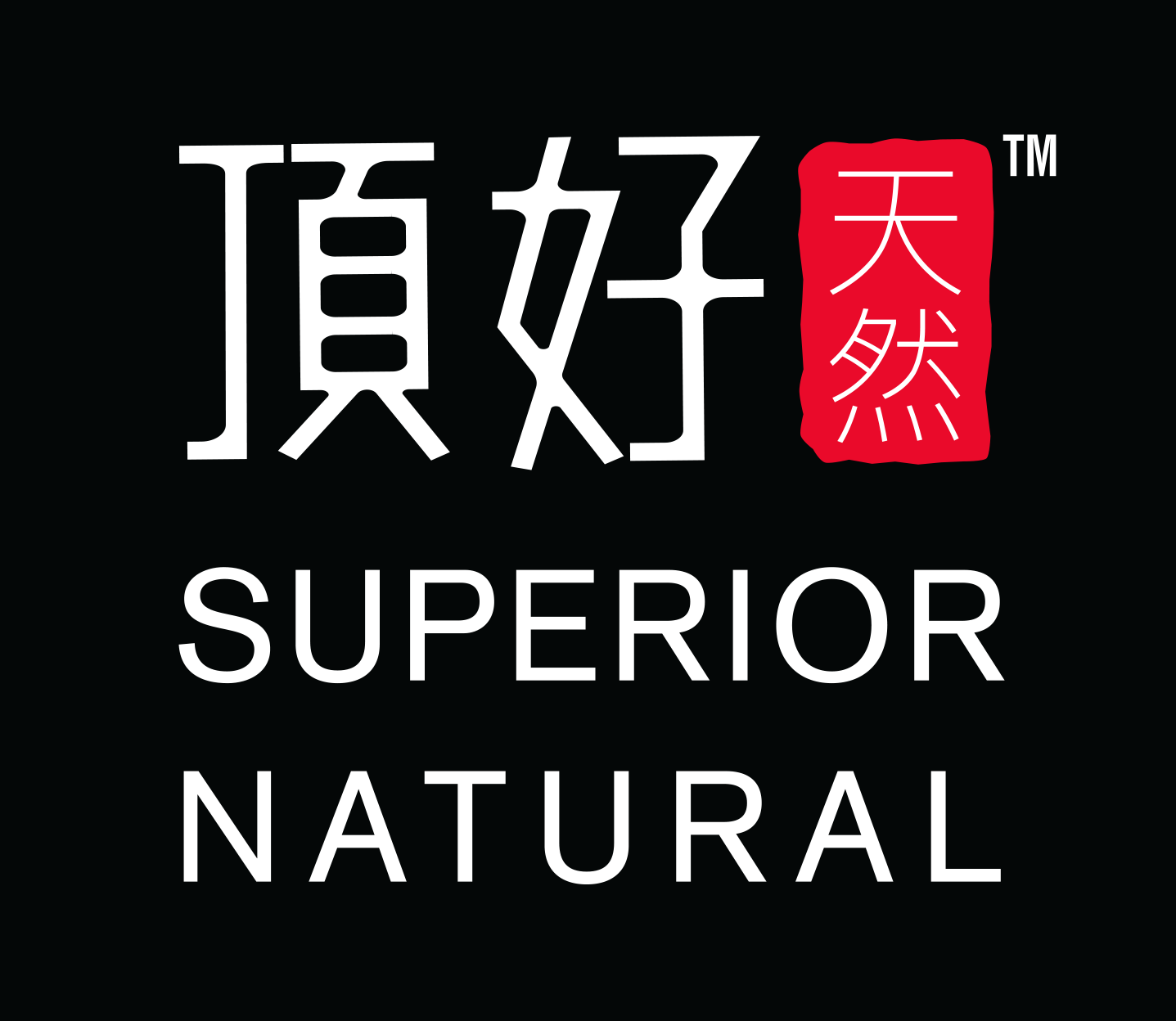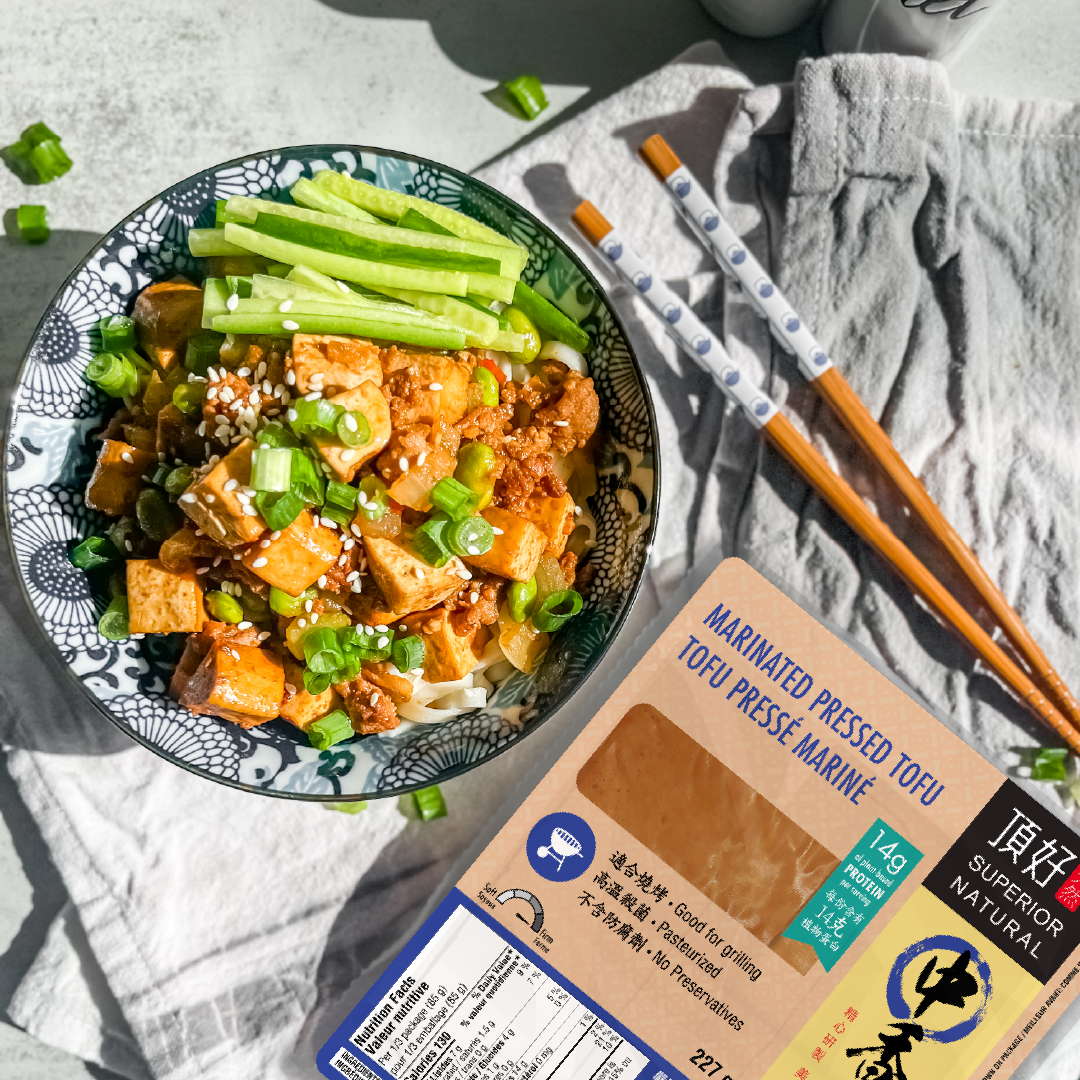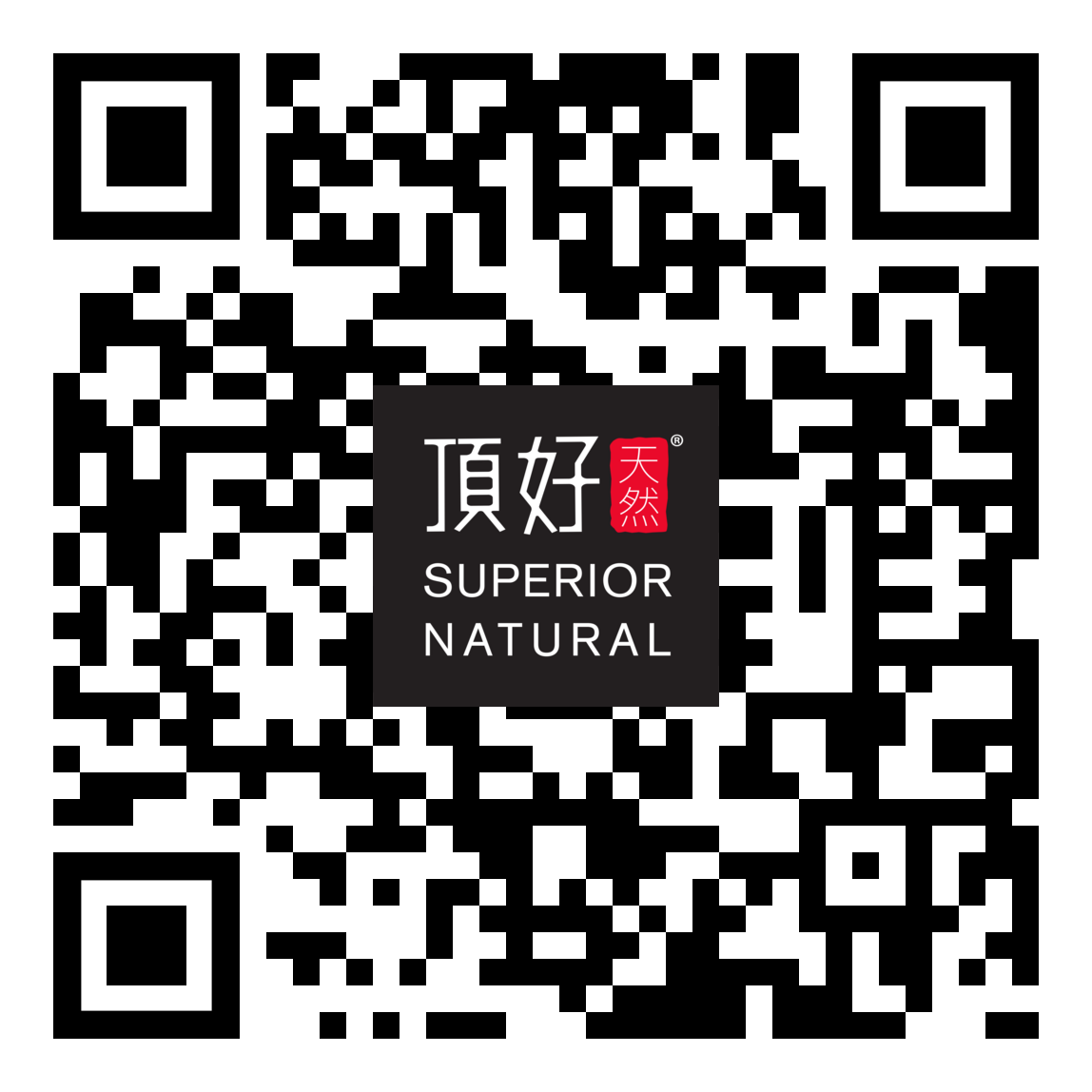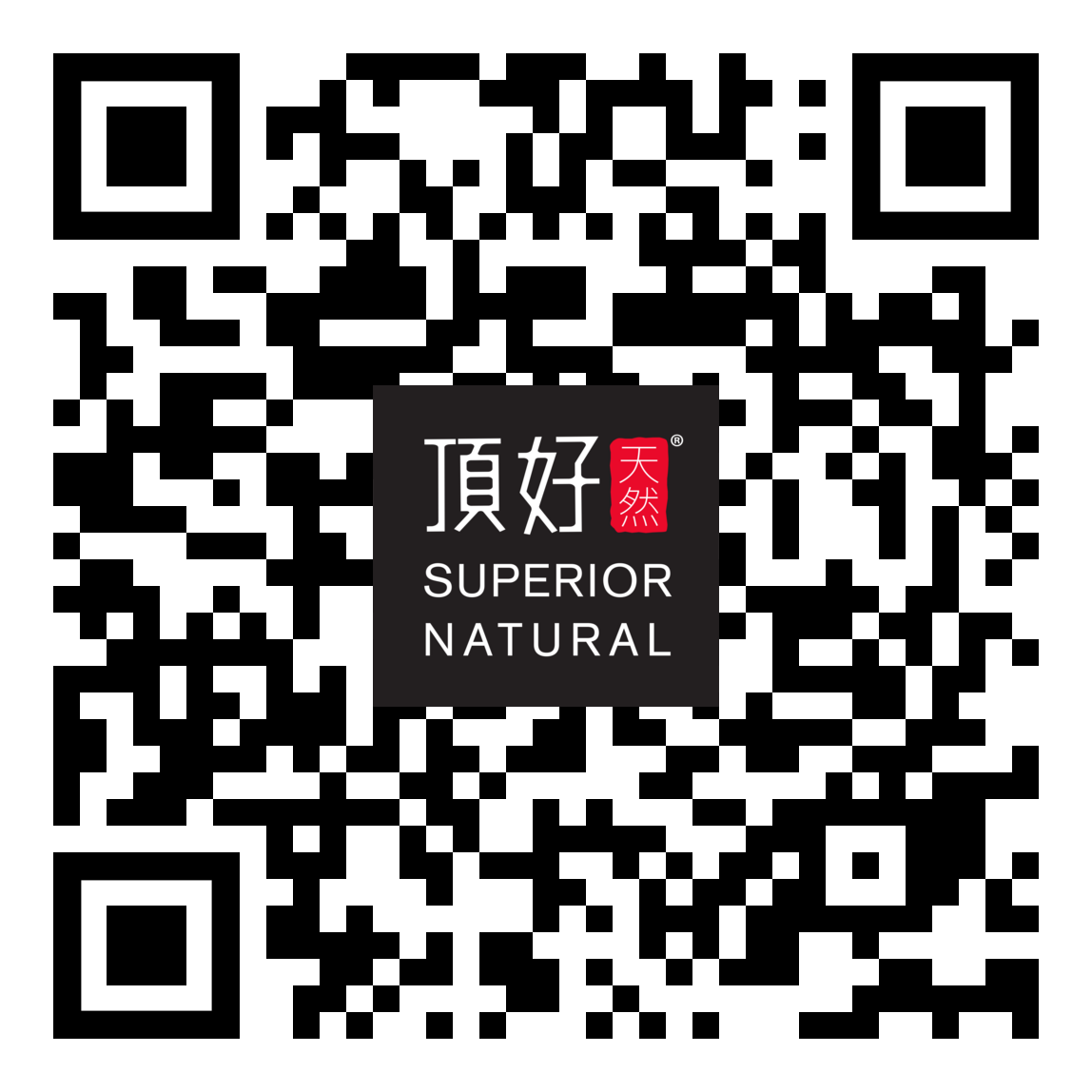The Role of Pressed Tofu in Sustainable Eating
Sustainability has moved from being a buzzword to a necessity in today's world. With climate change and the depletion of natural resources becoming ever more pressing issues, it's essential to look at our dietary choices through the lens of sustainability. In this context, our new line of pressed tofu offers more than just a tasty and versatile food option—it presents an opportunity for eco-conscious eating. In this blog post, we'll delve into the role that pressed tofu can play in making your diet more sustainable.
What Is Sustainable Eating?
Before discussing how pressed tofu fits into the bigger picture, it's essential to define what sustainable eating means. Sustainable eating involves choosing foods that benefit our health and the environment. This means selecting foods produced using methods that have minimal negative environmental impact and contribute to food and ecological security.
Pressed Tofu: A Low Carbon Footprint Protein
Meat production is one of the most significant contributors to greenhouse gas emissions, deforestation, and water consumption. Tofu, made from soybeans, has a far smaller carbon footprint.
Energy Efficiency
The energy required to produce tofu, even in its pressed form, is considerably lower than that needed for meat. Less energy consumption means fewer carbon emissions, making tofu a more climate-friendly choice.
Water Usage
Producing tofu requires significantly less water compared to meat. For instance, the water footprint of soybeans is about 297 gallons per pound, whereas beef can require over 1,800 gallons per pound.
Reduced Waste Potential
Pressed tofu offers the notable advantage of having lower water content. This not only endows it with a firmer texture but also contributes to a longer shelf life, reducing the likelihood of food waste. The plastic tray utilized in our product packaging is fully recyclable. This way, you can still maintain a lifestyle that is conscientious and minimizes waste while enjoying our products.
Ethical and Social Considerations
Soy cultivation for tofu typically requires less land than livestock farming, thus helping to mitigate deforestation. This is even more impactful when the soy is sourced sustainably and responsibly. Our pressed tofu is made from non-GMO soybeans that are ethically sourced, contributing to fair labor practices and community development.
Nutritional Benefits
Sustainability doesn't stop at the planet; it also extends to our bodies. Pressed tofu is a rich source of plant-based protein, iron, and calcium. It lacks cholesterol and is low in saturated fats, making it an excellent option for a heart-healthy diet.
How To Incorporate Superior Natural Pressed Tofu into a Sustainable Diet
Meat Substitute: Use pressed tofu as a substitute for meat in various recipes to reduce your carbon footprint.
Batch Cooking: Its extended shelf life makes it ideal for batch cooking, which saves energy.
Salad Boost: Cube and add to salads for a protein punch that doesn't compromise sustainability.
Snacking: Pressed tofu can be seasoned, grilled, and baked for a convenient, sustainable snack.
Find out about our pressed tofu product line and more recipes on our website.
In the face of our growing environmental crisis, adopting a sustainable diet is a step we can all take to make a difference. Pressed tofu is not only versatile and delicious but also offers a myriad of benefits for the planet. From its low carbon footprint to its role in ethical agriculture, incorporating pressed tofu into your diet is a tasty way to contribute to a more sustainable future.









